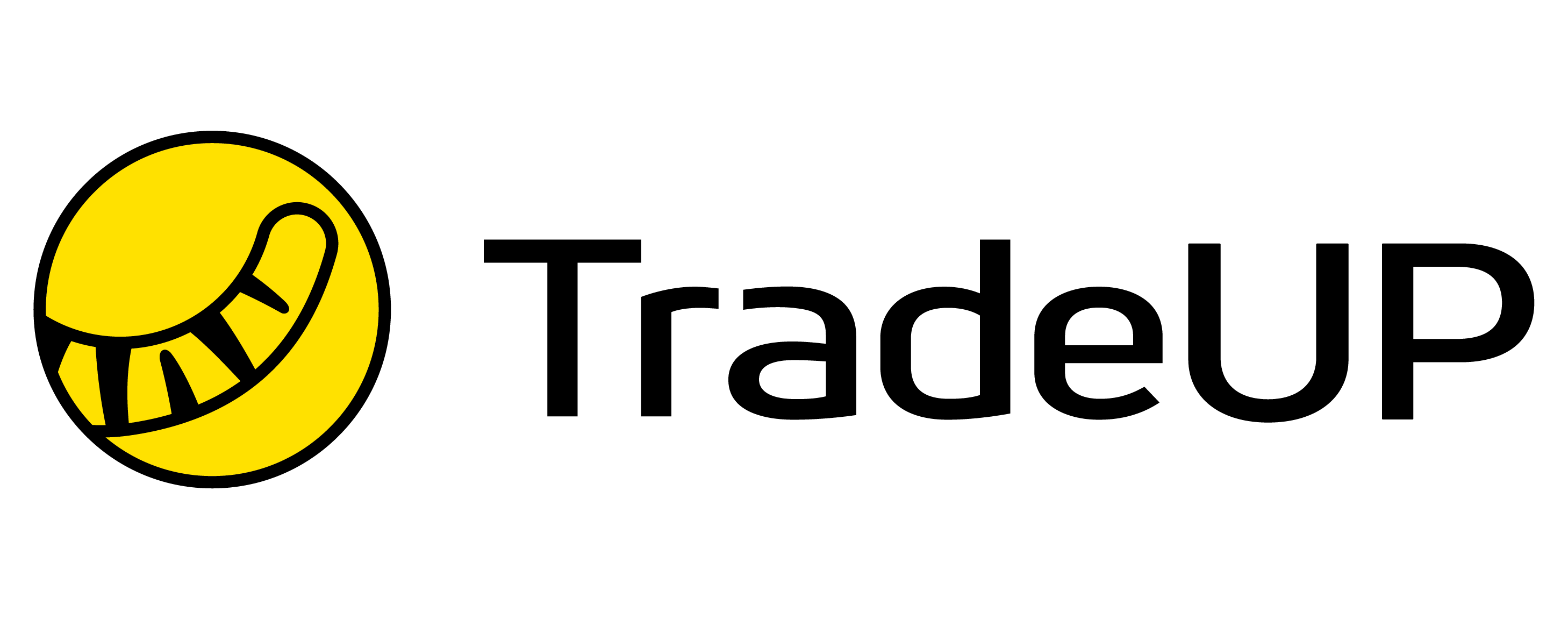Options Trading vs. Stock Trading: Key Differences and Similarities

Venturing into the financial markets presents investors with two fundamental avenues: stock trading and options trading. While both can offer potential growth, they operate under very different principles. Understanding these distinctions is essential to developing a strategy that suits your financial goals. A TradeUP, we’re committed to giving you the knowledge and tools to trade confidently. Let’s break down the key differences and similarities between these two investment strategies.
Ownership vs. Obligation
The primary distinction lies in what you’re actually buying. Purchasing a stock means buying a piece of ownership in a company. As a shareholder, you have a direct stake in that company’s performance, including potential dividends and voting rights. In contrast, options are contracts. They give you the right but not the obligation to buy or sell a specific stock at a predetermined price (known as the strike price) before a set expiration date.
Capital Requirements and Cost Efficiency
Stock trading requires sufficient capital to purchase shares at their current market price. For example, buying 100 shares of a $50 stock would cost $5,000. Options, however, are more capital-efficient. Instead of purchasing the shares outright, you buy the option contract, paying a premium that’s typically a fraction of the stock’s price. This gives you exposure to the same 100 shares but with significantly lower upfront cost.
Risk Profile and Return Potential
Stock trading comes with straightforward risk: if the company’s value drops to zero, your investment can be wiped out. With options, your maximum loss is limited to the premium you paid. However, options can expire worthless if they finish out-of-the-money, meaning poor timing can result in a total loss of that premium. On the flip side, options offer leverage the potential for higher percentage gains with a smaller investment, which is a key reason they attract active traders.
The Element of Time
Stocks can be held indefinitely, giving you the flexibility to ride out market fluctuations and wait for your investment thesis to materialize. Options, however, come with an expiration date, making timing critical. As expiration approaches, options lose value due to time decay, even if the stock price hasn’t moved. This makes options more suited to traders who actively monitor the market.
Which Strategy Fits You?
There’s no one-size-fits-all approach. Stock trading is ideal for those seeking long-term ownership and gradual growth. Options are powerful tools for short-term, strategic positioning with defined risk. Knowing the difference is essential to making informed decisions, especially if you’re just starting your options trading journey.
At TradeUP, we provide a platform designed for both stock and options traders—backed by real-time data, educational resources, and intuitive tools to help you succeed.
And the best part?
TradeUP offers $0 commissions on stock trades and $0 contract fees* on options, helping you keep more of your profits and lower your trading costs.
Download TradeUP today and take your trading to the next level.
*Zero commission and contract fees apply to self-directed individual accounts for U.S. tax residents, only for securities traded on U.S. exchanges. Regulatory and other fees may. Options trading entails significant risk and is not appropriate for all investors. Certain complex options strategies carry additional risk. Before trading options, please read Characteristics and Risks of Standardized Options. Supporting documentation for any claims, if applicable, will be furnished upon request.The information in this material is for informational purposes only and is not intended to provide professional, investment, or any other type of advice or recommendation. It does not create a fiduciary relationship. TradeUP does not make any representation or warranty, express or implied, regarding the accuracy, reliability, completeness, appropriateness, or sufficiency of any information included in this material. Certain information may have been provided by third-party sources, and while believed to be reliable, it has not been independently verified by TradeUP. Any investment decision should not be made solely in reliance on this material, as the information is subject to change without notice. Please carefully consider all potential benefits and risks associated with securities. Securities and derivatives transactions involve the risk of loss, including loss of principal. Past performance is no guarantee of future results. Please read through our Terms and Conditions before investing. Visit TradeUP.com for more information.© 2025 TradeUP Securities, Inc.






Comments are closed.